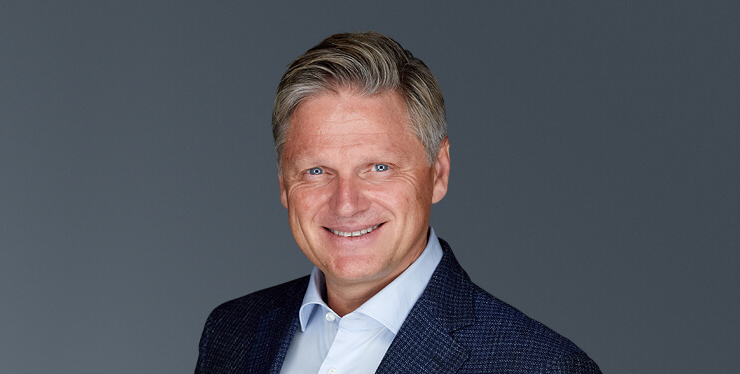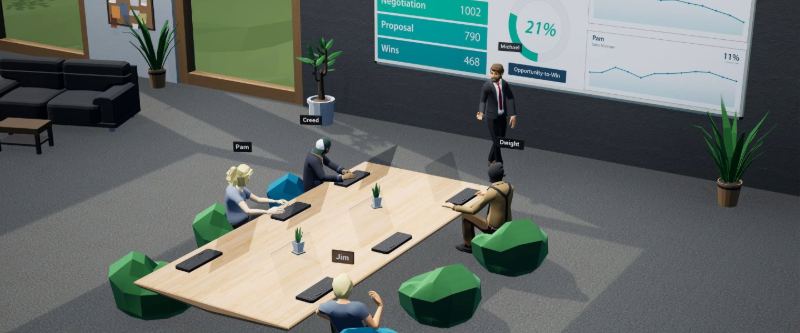1. Be a rock in the C-suite
The shift to net zero will require senior leaders to make tough decisions – which businesses they want to buy, sell, or close, and which new products and services to develop. CHROs must encourage the C-suite to have the courage of its convictions and to focus on the long term, even when short-term ROIs fall short of expectations.
2. Help develop a collaborative ecosystem
Many significant sustainability gains will come from working with new partners and suppliers across the value chain. CHROs can be instrumental in forging and managing these relationships.
3. Prepare the workforce for change
CHROs have access to a range of tools to help them prepare the workforce as the organization seeks to operationalize its net-zero strategy. To close skills gaps, it may be necessary to retrain staff, refresh recruitment and retention strategies, and retool incentive schemes around sustainable behaviors.
4. Build sustainability metrics into remuneration structures
Remuneration structures that reflect efforts toward reaching net zero emphasize the organization’s commitment to transformation and align that commitment with the interests of staff.
5. Curate the business’s public image
The CHRO must curate the business’s public image as an employer of choice. It’s important here to understand how the current workforce perceives the organization, both good and bad. Employees can be powerful influencers in setting public opinion of the organization and, if handled correctly, can be great ambassadors for the next generation of hires.
6. Develop an employer value proposition (EVP)
A succinct and convincing EVP is a constructive way to attract the people needed to drive the organization’s sustainability effort.





